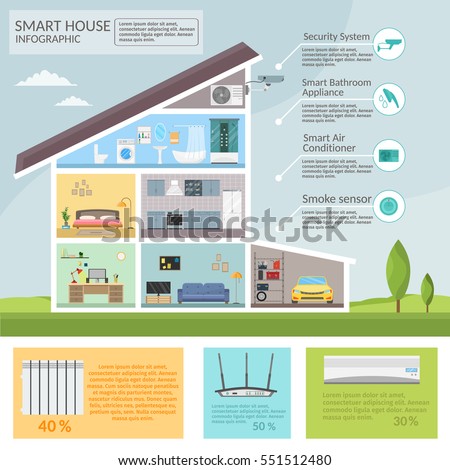The Future Of Home Heating - How Heatpump Technology Is Developing
The Future Of Home Heating - How Heatpump Technology Is Developing
Blog Article
Post By-Svensson Kaae
Heatpump will certainly be a vital innovation for decarbonising heating. In a circumstance consistent with governments' announced power and climate dedications, their international ability doubles by 2030, while their share in heating rises to one-quarter.
They function best in well-insulated homes and rely upon electrical energy, which can be supplied from a renewable power grid. Technological advancements are making them more effective, smarter and cheaper.
Fuel Cells
Heatpump use a compressor, refrigerant, coils and followers to move the air and heat in homes and devices. They can be powered by solar energy or electricity from the grid. They have been gaining appeal due to their inexpensive, peaceful procedure and the ability to create power during peak power need.
Some companies, like IdaTech and BG MicroGen, are servicing fuel cells for home heating. These microgenerators can change a gas boiler and generate several of a house's electrical needs with a link to the electrical power grid for the remainder.
However there are heat pump ducted system to be unconvinced of using hydrogen for home heating, Rosenow says. It would certainly be pricey and ineffective contrasted to various other modern technologies, and it would certainly add to carbon discharges.
Smart and Connected Technologies
Smart home innovation enables house owners to connect and regulate their gadgets from another location with using smartphone apps. For instance, smart thermostats can discover your home heating preferences and automatically adjust to enhance power intake. Smart lighting systems can be managed with voice commands and automatically shut off lights when you leave the room, reducing power waste. And smart plugs can check and handle your electric usage, permitting you to recognize and limit energy-hungry appliances.
The tech-savvy family portrayed in Carina's interview is an excellent image of how occupants reconfigure area home heating methods in the light of new clever home innovations. They rely on the tools' computerized functions to carry out daily modifications and regard them as a convenient means of conducting their home heating techniques. Therefore, they see no reason to adjust their techniques additionally in order to allow adaptability in their home power demand, and treatments focusing on doing so might encounter resistance from these families.
https://heatingcoolingcompaniesne76554.digitollblog.com/29125751/discovering-the-environmental-advantages-of-heat-pumps-a-sustainable-home-heating-remedy
Given that heating up homes accounts for 13% of US discharges, a button to cleaner alternatives might make a huge distinction. However the technology deals with difficulties: It's costly and needs comprehensive home restorations. And it's not constantly compatible with renewable resource resources, such as solar and wind.
Till recently, electric heat pumps were as well pricey to take on gas versions in the majority of markets. However brand-new innovations in style and products are making them a lot more affordable. And far better cool environment performance is allowing them to operate well also in subzero temperatures.
The next action in decarbonising heating might be the use of heat networks, which draw warmth from a main resource, such as a neighboring river or sea inlet, and disperse it to a network of homes or structures. That would decrease carbon discharges and allow homes to make the most of renewable energy, such as environment-friendly electrical power from a grid supplied by renewables. https://thenewswheel.com/tips-for-easily-effectively-cleaning-car-air-vents/ would certainly be much less pricey than switching to hydrogen, a nonrenewable fuel source that needs new infrastructure and would only lower carbon dioxide discharges by 5 percent if paired with enhanced home insulation.
Renewable Energy
As electrical energy prices drop, we're beginning to see the same trend in home heating that has actually driven electric vehicles into the mainstream-- but at an even faster speed. The strong environment situation for electrifying homes has actually been pressed further by new study.
Renewables account for a substantial share of contemporary heat intake, yet have been provided minimal plan focus worldwide compared to various other end-use sectors-- and also much less interest than power has. In part, this reflects a mix of customer inertia, split motivations and, in many nations, subsidies for fossil fuels.
New technologies might make the shift simpler. For example, heatpump can be made a lot more energy effective by changing old R-22 refrigerants with brand-new ones that do not have the high GWPs of their predecessors. Some professionals also picture district systems that draw warmth from a neighboring river or sea inlet, like a Norwegian arm. The warm water can then be used for heating & cooling in a community.